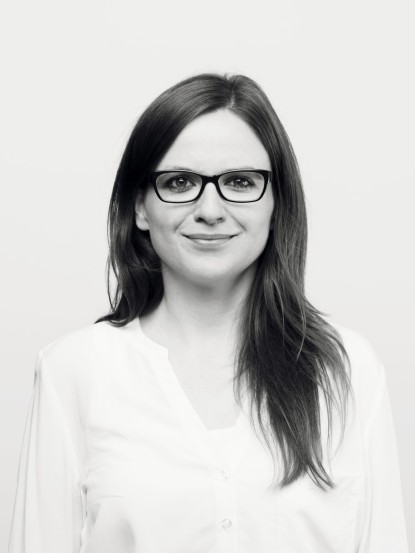Gender diversity
Even though the idea of a binary gender model is deeply anchored in our society, it does not correspond to the reality of all people, nor to the medical findings. There are:
- people who do not find themselves in this two-gender model (non-binary people),
- people whose gender cannot be clearly assigned to the female or male gender from a physical point of view and according to current medical standards (inter*people),
- people who were assigned to one of the binary genders at birth but identify with a different gender (trans*people),
- people who do not identify themselves with a fixed gender. This person is flexible regarding their gender identity (genderfluid people),
- people whose gender identity is neutral (neutrois) or who do not feel the belong to any gender (agender people).
The legal situation
Based on the decision of the Federal Constitutional Court (BVerfG) of 10 October 2017, the Personal Status Act (PStG) was amended in Germany in 2018. Now there are four options for recording gender: male, female, diverse, no entry. The decision of the BVerfG strengthens the right and protection of gender self-determination and is therefore also groundbreaking for trans* persons and people who identify as non-binary.
Recommended course of action for universities
Gender diversity is a reality throughout the university. The bukof recommendations for action (opens in new tab)(only german version available) therefore present concrete, action-related approaches for universities to dismantle discriminatory structures and strengthen equal opportunities, especially in the areas of:
- name and gender entry
- gender entry in digital recording systems
- language and personal address
- building infrastructure
What is the TU Darmstadt doing?
Students who are in a process of transitioning or who do not identify themselves in the binary gender model can have their personal data changed accordingly in the campus management system (TUCaN). Further information can be obtained from the Student Service. The TU would like to prevent discrimination and make everyday life at the university easier for people of all genders.
Gender_Queer Network
The Gender_Queer Network of TU Darmstadt is a free association of university members of all status groups who are committed to dismantling hierarchies and inequalities based on gender, sexuality and other social categories of distinction at all levels and in all areas of the university.
This means in particular a perception of diverse sexual orientations as well as gender self-understandings and physical variations. The network promotes a critical reflection of social and gender distinctions and therefore wants to contribute to a hierarchy-free and conscious approach to differences and the recognition of them at the university.
If you are interested in pursuing these goals together or would like to exchange ideas with like-minded people, please contact the network directly via the moodle course:


